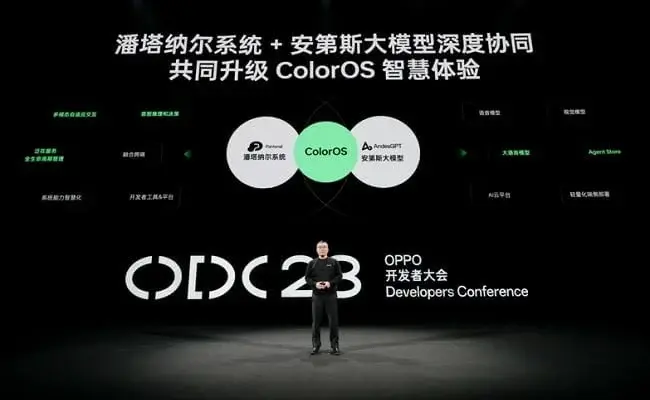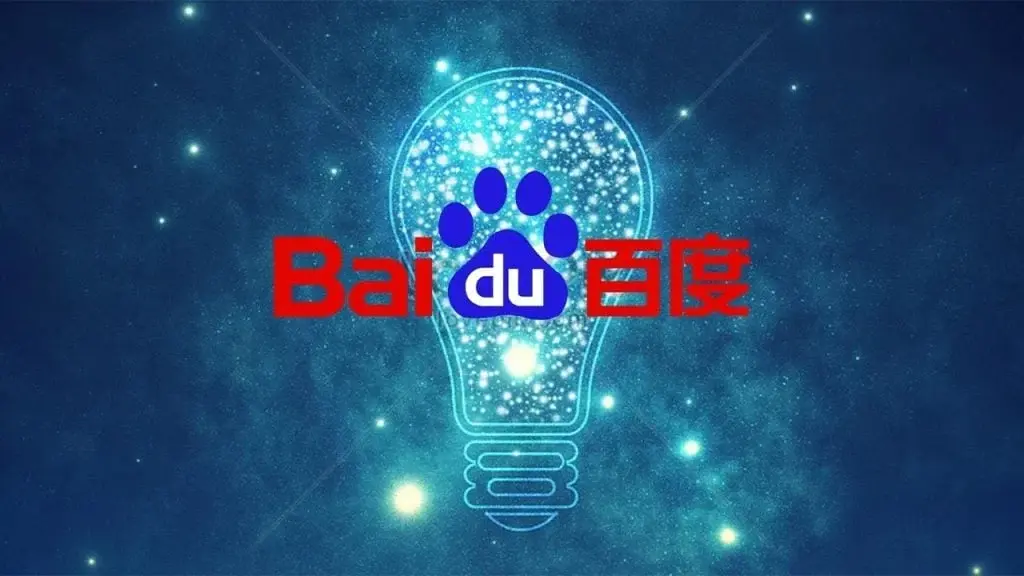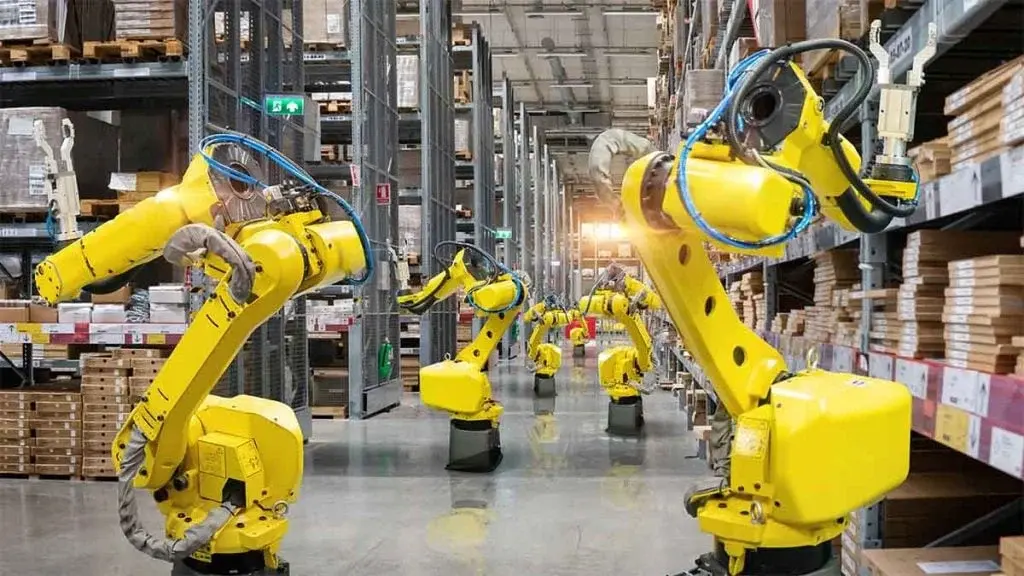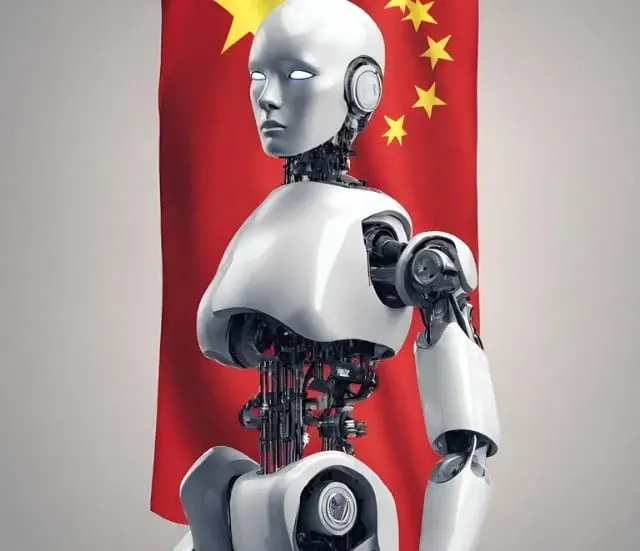Key Takeaways
1. AI offers significant advantages across various fields, including transportation, healthcare, and education, but it also comes with substantial energy demands.
2. The global energy consumption for AI is projected to rise dramatically, with a significant portion expected from renewable sources while still raising concerns about fossil fuel reliance.
3. Training and running AI models consume vast amounts of energy, with even small models requiring substantial joules for each response, comparable to riding an e-bike for hundreds of feet.
4. Challenges exist in managing and disabling AI features like Google’s Gemini, with users facing difficulties navigating disjointed control options across different devices and platforms.
5. Market interest in certain AI products is low, and the forced integration of AI into services may lead to consumer dissatisfaction and potential migration to alternative platforms.
There’s no doubt about the advantages that AI can bring to people. From self-driving cars, facial recognition, and medical diagnostics to drug research, scientific breakthroughs, and coding, the potential benefits are vast. Even in areas like AI-generated images and videos, or quickly summarizing lengthy documents, the positive effects of AI on education through tailored learning experiences are clear.
Energy Demands of AI
If building numerous models didn’t cost anything beyond the hardware, there would be no disagreement. But sadly, the energy needed to run AI worldwide is enormous. We should be working to cut down our energy usage, not making it grow fourfold in a single night.
Presently, the global need for data center capacity hovers around 60 gigawatts and has been fairly steady in recent years. However, this demand is projected to soar to 200 to 300 gigawatts by 2030, with roughly 70% likely due to AI. Much of the energy will come from renewable sources, and in Google’s case, they are even considering nuclear energy. Still, there are concerns that AI might keep us reliant on fossil fuels for many years to come.
Understanding Energy Costs
On May 20th, 2025, MIT published a piece analyzing the energy costs for various AI models, including Large Language Models (LLMs) and image/video generators like Diffusion.
Even when you disregard the 50 gigawatt-hours of energy used to train GPT-4, the smallest text-based model with 8 billion parameters consumes 57 joules of energy for each response, or 114 joules when factoring in cooling. For a much larger model with 50 times more parameters, that figure skyrockets to 3,353 joules (or 6,706 with cooling) for every response.
It’s probably unnecessary to dive into the math, as MIT compares each response to riding an e-bike for 400 feet (122 meters). With Google handling around 158,500 searches every second, if we could harness the energy used by Gemini for just one second, a person could bike 19,337 kilometers, or about one and a quarter times around the Earth.
The Challenges of AI
Google, along with many other AI models, acknowledges that “Gemini can make mistakes, especially about people, so verify it.” Why should we waste valuable energy on AI-generated search outputs that need to be double-checked on traditional sites anyway? Unfortunately, shutting it down isn’t as simple as you might think.
The first issue is the lack of a uniform method to disable it on different devices. Google’s support pages are filled with requests to turn it off, but most solutions are either ineffective or don’t exist. One suggestion is to disable it via “myactivity.google.com” and turn off Gemini activity, but that setting isn’t available. Another tip involves accessing your Google account, going to “Data and Privacy,” and turning off “Web and App Activity,” also with no success. The only way I know to disable it is by using an ad blocker and applying a specific filter, although it’s uncertain if this actually stops it from running or just hides the output.
Disjointed Control Options
The second challenge is that there’s no single place to manage Gemini. If you want to turn it off on your smartphone, the settings differ from those on your computer’s browser. And if you want to disable it in Gmail or Google Docs, you’ll find different locations again. An article from NordVPN back in February stated that it isn’t possible to turn it off completely, a sentiment echoed in various Google support discussions.
Of course, many users appreciate Gemini in their searches, but not providing options for a controversial technology like AI could drive users to other platforms. As someone who has been a Google One subscriber for nearly a decade, I believe I should have the choice to disable it as a paying customer. Sadly, only Enterprise and Education domain administrators possess that option, likely because Google knows that businesses won’t tolerate its hidden data collection practices.
Market Reception
The market has shown that there’s little interest in an AI Pin, and the Rabbit R1 has yet to attract a wide audience. Perhaps Sam Altman and Jony Ive will achieve what others could not. However, AI has advanced to the point where the very same Sam Altman who created ChatGPT has developed a solution to address issues stemming from OpenAI. This solution involves offering a cryptocurrency reward to individuals for allowing their irises to be scanned to verify their humanity. The idea feels like it belongs in a dystopian sci-fi novel (available on Amazon).
The rapid integration of AI across every aspect of companies’ offerings makes it impossible for consumers to avoid. Google’s insistence on placing Gemini at the top of every search result serves as a continual reminder of how harmful, wasteful, and unnecessary AI can be in careless hands.
Source:
Link








